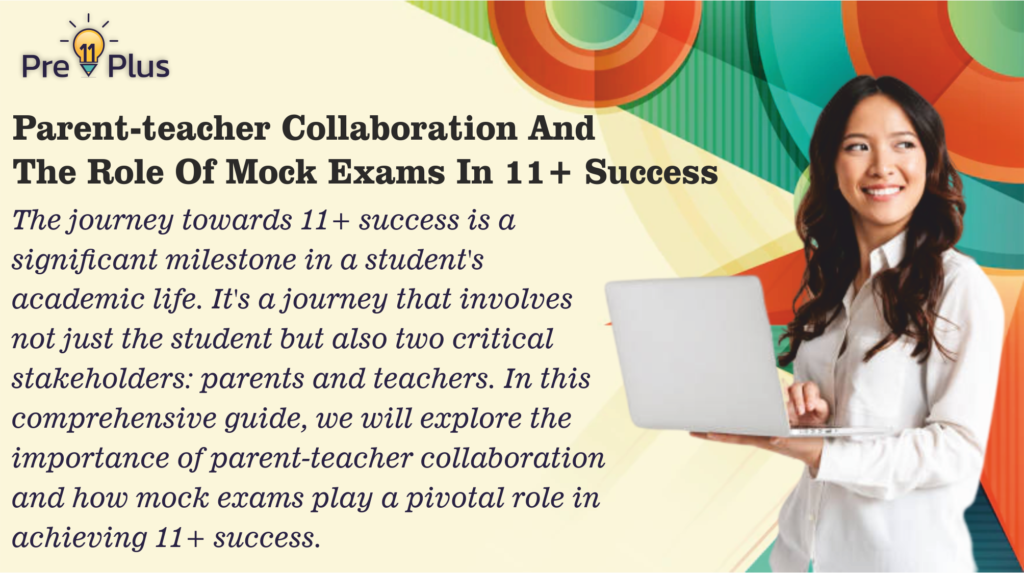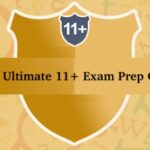Parent-Teacher Collaboration and the Role of Mock Exams in 11+ Success
The journey towards 11+ success is a significant milestone in a student’s academic life. It’s a journey that involves not just the student but also two critical stakeholders: parents and teachers. In this comprehensive guide, we will explore the importance of parent-teacher collaboration and how mock exams play a pivotal role in achieving 11+ success.
Understanding the 11+ Exam and Mock Exams:
The 11+ exam is a rigorous assessment designed to select students for entry into selective schools or grammar schools. It encompasses subjects like Maths, English, Verbal Reasoning, and Non-Verbal Reasoning. One of the most vital tools in preparing for this challenging exam is the use of mock exams—practice tests that simulate the actual test conditions, content, and time constraints.
The Power of Mock Exams in 11+ Preparation:
-
Assessing Readiness:
Mock exams are essential in assessing a student’s readiness for the 11+ exam. These practice tests replicate the actual exam’s format, allowing students to gauge their current performance level. This assessment is crucial for identifying areas that need improvement and fine-tuning the study plan.
-
Building Exam Confidence:
Mock exams instill confidence. By practicing under realistic test conditions, students become familiar with the pressure and pacing of the 11+ exam. This familiarity significantly reduces test anxiety, helping students approach the actual exam with greater self-assuredness.
-
Time Management:
Time management is a crucial skill for the 11+ exam, known for its time constraints. Mock exams train students to manage their time effectively. They learn how to allocate time for each section and question, ensuring that they can complete the entire exam within the allotted time frame.
-
Identifying Weaknesses:
Mock exams provide a diagnostic tool for both parents and teachers. By reviewing the results, they can identify specific weaknesses or gaps in a student’s knowledge. This insight allows for targeted intervention and tailored support.
-
Measuring Progress:
Over the course of preparation, students take multiple mock exams. Comparing scores and performance across these tests allows for the measurement of progress. It’s a tangible way to see how a student has developed over time and a motivator for continued improvement.
-
Reducing Fear of the Unknown:
The 11+ exam often evokes fear due to its unfamiliarity. Mock exams help demystify the test by making it a familiar experience. Students who have practiced extensively with mock tests are less likely to feel overwhelmed by the real exam.
The Role of Parent-Teacher Collaboration:
Parent-teacher collaboration is essential in maximizing the benefits of mock exams. This partnership fosters a supportive environment that enables students to thrive. Here’s how parents and teachers can work together:
-
Regular Communication:
Teachers should maintain open lines of communication with parents. They can share insights from mock exams, highlighting areas where students need improvement. This feedback is invaluable for parents, as it guides their support at home.
-
Tailored Support:
With information from mock exams, teachers can recommend specific areas where students need extra help. Parents can then provide targeted support, whether through additional practice, tutoring, or resources.
-
Setting Realistic Expectations:
Collaboration helps in setting realistic expectations. Teachers can convey the expected level of performance in the 11+ exam, and parents can support their children without undue pressure.
-
Emotional Support:
Preparing for the 11+ exam can be emotionally taxing. Parents play a vital role in providing emotional support and creating a positive, stress-free environment at home. Teachers can provide guidance on managing stress and anxiety.
-
Tracking Progress:
Both parents and teachers can track a student’s progress in mock exams over time. This collaborative effort ensures that everyone is on the same page regarding the student’s development and needs.
The Science Behind Mock Exams:
The effectiveness of mock exams in 11+ preparation is not just anecdotal; it’s grounded in cognitive science. These practice tests tap into the principles of spaced repetition and active recall.
Spaced repetition involves revisiting and revising material at increasing intervals over time. By taking mock exams regularly, students repeatedly encounter the content and format of the 11+ exam. This spaced exposure enhances long-term retention of knowledge and familiarity with the test’s structure.
Active recall, on the other hand, involves actively retrieving information from memory rather than passively reviewing it. Mock exams force students to actively recall facts, concepts, and problem-solving strategies, reinforcing their memory and comprehension.
Conclusion:
In the journey towards 11+ success, mock exams are indeed your secret weapon. These invaluable tools offer a comprehensive and realistic training ground for students to hone their skills, manage their time, and build the confidence needed to excel in the 11+ exam. Parent-teacher collaboration adds another layer of support, ensuring that students receive the guidance and emotional backing they need.
The partnership between parents and teachers, fueled by insights from mock exams, creates a nurturing environment for students to thrive. This collaborative approach leverages cognitive science to maximize a student’s potential, making them well-prepared and confident when they face the 11+ exam. Mock exams are not just preparatory tools; they are the keys to unlocking your child’s full potential and helping them shine brightly on the day of the 11+ exam.












